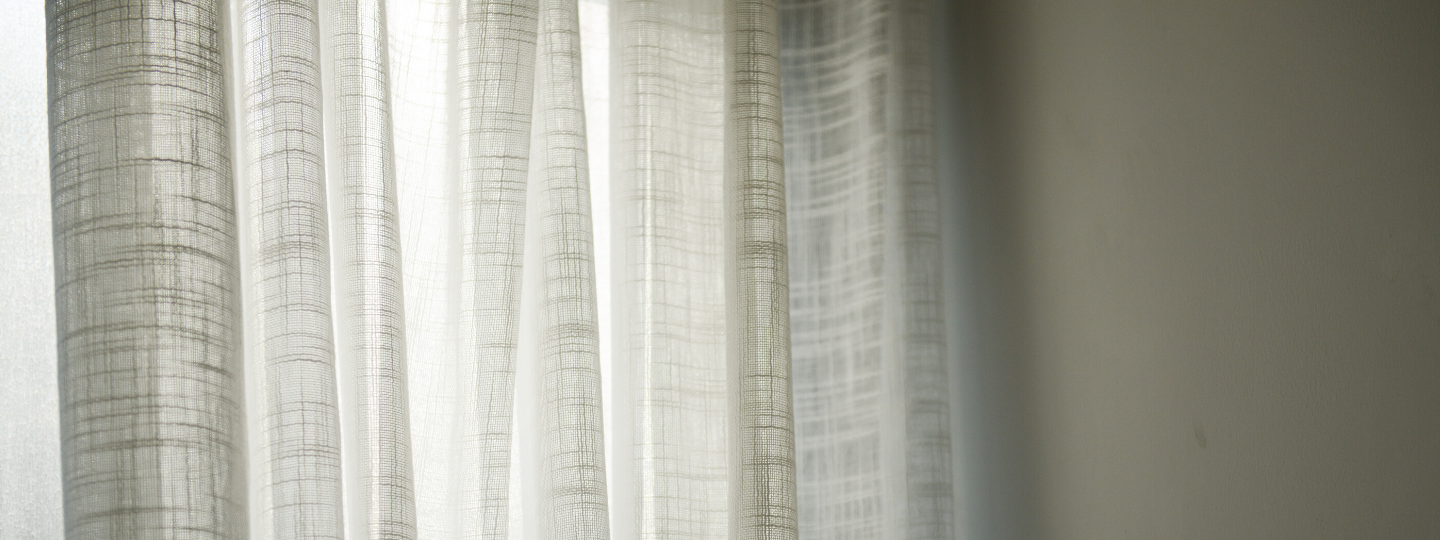Coronavirus and mental health
Coronavirus and mental health
Friday, 10 July 2020
During this global pandemic the recommendation is social distancing and staying safe. There is also a lot of focus on mental health.
Looking after your mental health is always important. But with Coronavirus spreading, we now face more and different challenges to our wellbeing.
Some of the stressors that we now face include:
- Uncertainty about the future
- Loss of routine
- Fear of catching Coronavirus
- Isolation from social distancing
- Losing loved ones
- Spread of misinformation
- Worry about the actions of others
- Boredom.
It’s unrealistic to think that the current situation won’t affect most of us in some way. We might be experiencing feelings of stress right now, or feel slightly numb or immune to it. However, the more we pay attention to our emotional and psychological needs the easier it will be to get through this turbulent time.
Keep what works
Minding our mental health does not mean we do lots of new stuff. We need to change the things that have worked previously to our new situation. Think about what helped your mental health before. Find ways to incorporate them into your new regime. Watch 5-a-day for mental health here.
Strategies for managing mental health can be adapted for now. Read more about:
Get the basics right
Paying attention to the basics of sleep, diet and exercise is a good start. While these are important to our physical health, they also have a big impact on our mental health. The change in routine can really affect our sleep pattern. Try to stick to a regular going to bed and getting up time. Read more about sleep and mental health. Social distancing is a great excuse to binge Netflix on the couch but we do need to keep active. Introducing some level of physical activity will pay dividends for our wellbeing.
>> Watch Úna talking about exercise and mental health in the context of social distancing
Acknowledge your feelings
In Ireland, we have fifty ways to ask someone how they are but one way to respond: ‘graaaannnd’. We can put on a ‘mask’, or take on the role of ‘the strong one’ or ‘the bubbly one’ in our group of friends.
However, none of us has been in a situation like this before. It’s OK to not be OK in the face of this. It’s OK to feel scared, angry, upset, disappointed, frustrated, guilty or any other emotion that you may feel. If we can acknowledge these feelings and find safe ways to express them it may prevent them from building up and causing us problems later on. Talk to someone you trust. Write it down, record a vlog or find another creative medium to express how you feel.
A new normal
For however long this situation lasts, we will be living with a level of uncertainty and insecurity. Some of us may be trying to stick to a rigid routine and engaging in ‘business as usual’ as much as we can. However, the impact of social distancing means that we can’t continue to do everything that we used to do in the same way. We will have to make some concessions and changes to our lives for now. This can bring with it a sense of loss.
Identify the most important things for you to keep the same or incorporate in your day. What are you able to compromise on and let go? Remember, this situation is temporary and will come to an end.
Information is key
It is a fine balance between keeping abreast of the ever-changing situation and feeling overwhelmed with 24/7 news. Choosing where we get our information from is important. Make sure what you’re reading and watching is factual and reliable. The government and HSE websites are providing regular updates on the current situation. Choose when to ‘pull’ our information, rather than having it ‘pushed’ at us constantly through social media feeds.
>>Watch Linda talk about managing social media use during the pandemic
Compassion
One of the most heroic things we can do in the face of a crisis is to show compassion to ourselves and those around us. This means turning off our ‘inner critic’ and being kind to ourselves. It means accepting our own and each other’s flaws. We might need to show understanding and patience when family conflict arises. Remember we are all doing our best to cope with this evolving situation.
>>Watch Leona talk about managing family conflict when working from home
Support
It may be the case that we need additional support to mind our mental health during this time. While this might look a bit different to usual, many services are still striving to support. You can find a list of mental health supports and services available during COVID-19 here.






